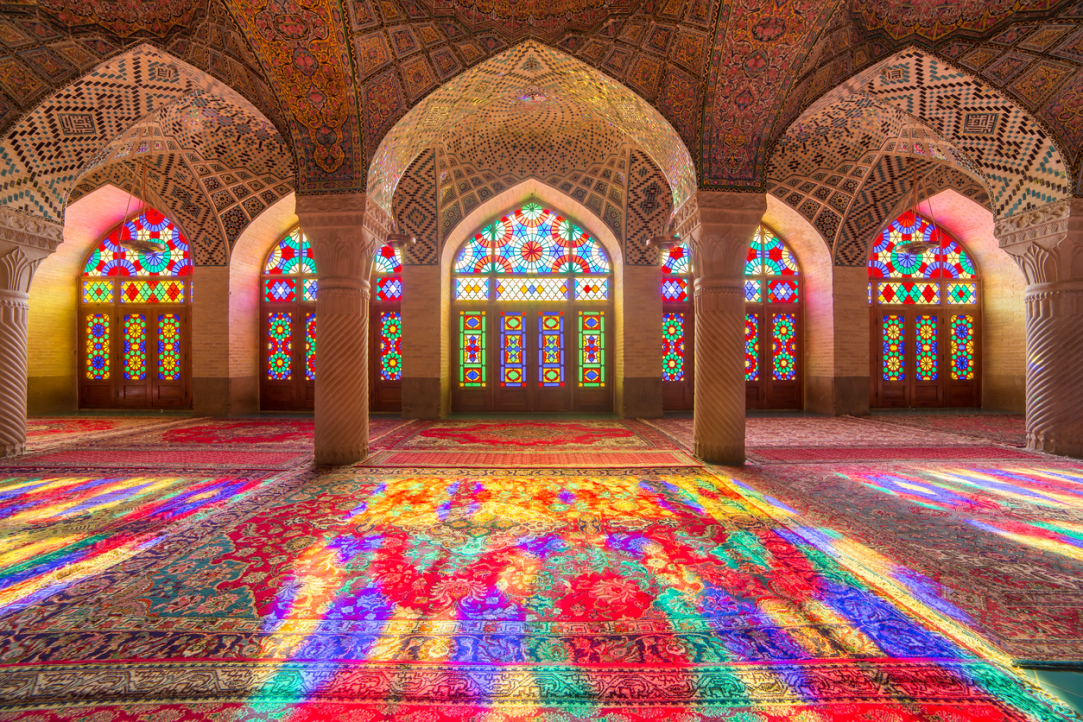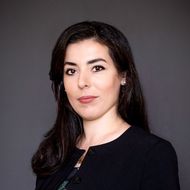‘Boundless Love for the East’: What Changes to Expect at Master’s Programme in Asian and MENA Studies

Starting from the new academic year, significant changes are expected in the Master’s programme ‘Socio-Economic and Political Development of Modern Asia,’ now renamed ‘Modern Asian and MENA Studies.’ Originally the first master’s programme in Russia offered fully in English, the programme has been run for 12 years by HSE University’s Faculty of World Economy and International Affairs.
In response to the current challenges associated with ‘Russia’s pivot to the East,’ the programme aims to train highly skilled professionals to meet new market needs.
‘We are aware that, on the one hand, competition in the market for training specialists of modern Asia and MENA studies has intensified now and, on the other hand, employers’ demands on how versatile such specialists should be have grown enormously. They are expected to carry an interdisciplinary baggage of knowledge and be ready to not only deal with their own country or region, but also understand regional trends,’ explained Elmira Imamkulieva, Academic Supervisor of the programme, Head of the Laboratory for Contemporary Iranian Studies at HSE University.
She emphasised that these programme changes are crucial for applicants and students, ‘For them, the East is a profession and they need to understand all these subtleties.’ To this end, new courses and disciplines are constantly introduced to strengthen the graduates’ position in the labour market and help them gain a more substantial start to their careers.
Furthermore, the ‘Modern Asian and MENA Studies’ programme offers students the opportunity to travel to the country of study to conduct research or learn from practitioners as part of the academic mobility programme.
‘First of all, we are constantly expanding and updating the pool of relevant partner organisations working with the East,’ says Elmira Imamkulieva. ‘These are government agencies, ministries, private companies, and corporations that are now extremely interested in working with the countries of the region. On the other hand, we introduce new training areas, such as Islamic finance. This topic is attracting a lot of media attention in connection with the legal experiment on the introduction of Islamic (partnership) finance in Russia.’

Beginning next year, the curriculum will also include specialist courses in Eastern languages (Chinese, Japanese, and Arabic) delivered by professionals. For example, Iranian foreign policy will be taught by political figures, while a digital professor from Japan will lecture on the peculiarities of Japanese society.
‘It is more difficult to enter our programme without the knowledge of an Eastern language as a significant proportion of the points awarded in the portfolio competition depends on both internships in the countries of Asia and the MENA region and proficiency in an Eastern language,’ explains Elmira Imamkulieva. However, outstanding results in research, publications, practical application of knowledge, skills, or participation in conferences and summer schools in the countries of Asia and the MENA region held in English also give applicants a significant advantage and allow them to successfully enter the Master’s programme.
The Academic Supervisor also shared what kind of applicant is expected to attend ‘Modern Asian and MENA Studies.’ ‘The ideal candidate is a person unafraid of difficulties and changes, because the East is, in fact, changing rapidly. Courage and boundless love for the East are important to us,’ Elmira Imamkulieva concluded.


